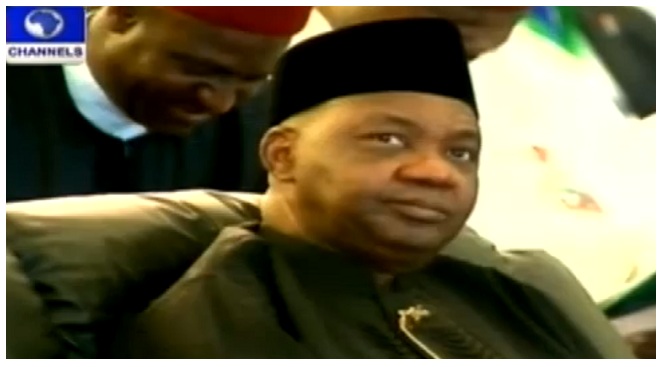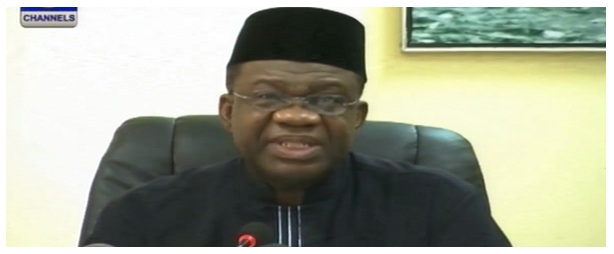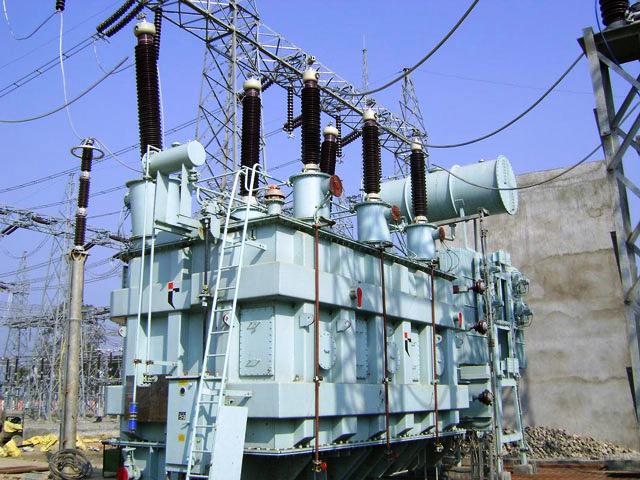
The conference that opened on Monday and drew together over 1,000 investors is coming after the handing over of the Power Holding Company of Nigeria to private owners, a process that has been described as one of the most transparent privatisation programmes in the history of the country and in West Africa.
Nigeria’s Vice President, Namadi Sambo, who represented President Goodluck Jonathan, told the participants that power stability was a sacred promise the government made to Nigerians.
He called for concerted efforts from the stakeholders to ensure that the promise was accomplished by the end of June, as stability of power was imperative for the nation’s development.
“This gathering is an indication of the confidence that the government has in the private sector,” he said.
Time To Invest In Power
The Minister of Power, Professor Chinedu Nebo, pointed out that the conference was organised to facilitate interaction between new investors and financial institutions in Nigeria and to meet the financing requirements of the Nigerian power sector that is actually having at the moment a huge appetite for investment.
“It will also spur the creation of a sound financing framework that will enhance performance across the power sector value chain. It will provide an enabling environment for potential investors in the power sector and provide opportunity for clarifying government policies for the power sector in order to facilitate financial investment in the sector.
“Even if we are to quadruple our current generation capacity, it will not be enough to meet the demand. It is time to invest in power,” he said.
The Minister explained that the transition from a vertically inclined government monopoly to a structured and regulated private sector dominated market was still ongoing.
“The market is governed by contracts regulations and codes. It is a market where obligations are honoured, where disputes are resolved in a pre-agreed and transparent way,” he stressed.
An Economy To Reckon With
The Nigerian Minister of Finance, Dr Ngozi Okonjo-Iweala, gave a background of the economic growth and assured participants that the returns in 2014 would be greater than that of 2013, a forecast that they should take advantage of.
“The administration has prioritised the power sector.
“Our prospects in 2014 may be higher than expected due to recoveries in advanced countries that are Nigeria’s trading partners.
“We have to look inwards and work on every major sectorial reform that will position the country to do the fundamental things of growing jobs and tackling social exclusion.
“Economic fundamental remains strong with a GDP growth of 6.81 per cent in the third quarter of 2013. The growth is sustained by the non-oil sector which recorded 7.9 per cent growth in the third quarter of last year.
“Projection of the economy by the IMF in 2014 is 7.4 per cent, one of the highest growth rates around world for 2014.
“Nigeria is an economy to reckon with,” she said
The minister, however, pointed out that Nigeria needed about $14.2 billion annually to bridge the infrastructure gap and urged the participants to look in that direction and make necessary contributions.
About 308 participants drawn from all walks of life are participating in the power sector investors’ forum. They hope to come up with a professional, well-articulated master plan that can give Nigerians steady power supply, an era Nigerians are very anxious to receive.
Some of the participants that spoke with Channels Television expressed readiness to deliver the needed stable power if the government would keep to its promise of providing an enabling environment.
It is not going to be like a hundred meter dash but at the long run privatisation of the power sector is the best thing to happen to Nigeria




